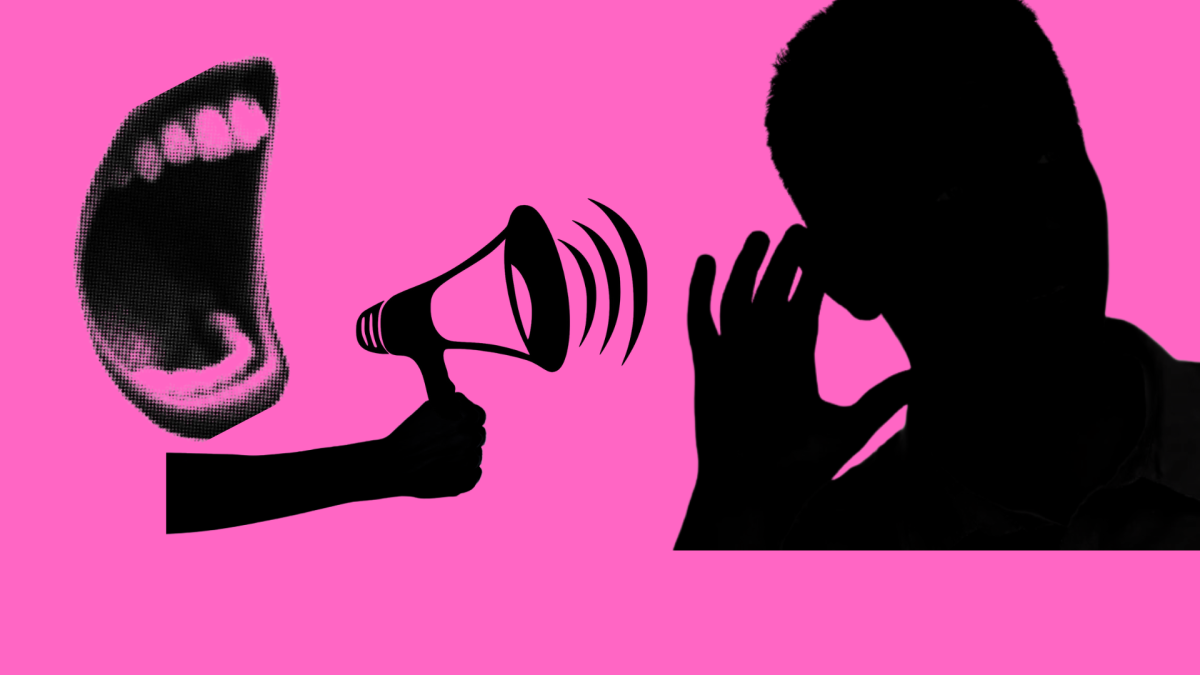Music carries the ambiences of movies, the stories of the human experience, encapsulates eras long gone and structures emotional and physical expressions such as dancing and singing. For all that music does, its effects are often overlooked.
Patented in 1948 by Ira M Altshuler, M.D, the Iso Principle describes when a type of music or song matches a current mood or emotion once or twice and then gradually begins representing that emotion over time. In other words, listening to a song on repeat whilst in a happy mood will cause an individual to feel happy any time the song is cued up in the future.
In a 2021 study, “Emotion Manipulation through Music after Sadness Induction”, researchers at the Berlin Institute of Biomusicology and Empirical Research attempted to prove the Iso Principle. 107 adult participants were subjected to a depressing movie scene and then were randomly assigned to one of four different music combinations: two sad songs, a sad song and a happy song, two happy songs, or a happy song and a sad song. Following this, individuals were prompted to rate their emotional state, which would be compared to their mood before and after the movie. In the words of the researchers, “results indicate that the movie clip induced sadness and that listening to music afterward changed the emotional states.” Specifically, among the four groups, the “sad-happy” group was the most affected, with participants reporting the greatest lifted moods. Leaders of the study expand the Iso Principle with this finding, explaining these results with the hypothesis that, “the Iso Principle suggests that listening to music which matches the current mood first picks individuals up where they are while a different (and desired) valence afterward helps them to shift to a desired perspective and experience.” This study and its evidence close the debate on whether music affects mood: music is powerful in its undeniable ability to elicit and evoke emotions.
But music may breach the emotional sphere; music also affects the brain. According to the Brain Injury Association of America, “Engaging in music has been shown to facilitate neuroplasticity, therefore positively influencing quality of life and overall functioning.” In the pilot study, “An Integrative Cognitive Rehabilitation using Neurologic Music Therapy in Multiple Sclerosis,” researchers attempt to capture the effect that music has on brain regeneration.
Multiple Sclerosis is a debilitating disorder where the body’s immune system attacks cells in the brain, causing cognitive impairment, language, motor issues and difficulty managing emotions. In the study, subjects were given exams regarding neuropsychological capabilities, such as memory, quality of life (mood and physicality) and motivation. They were then subjected to NMT, Neurologic Music Therapy. Specifically, participants endured 24 60-minute sessions of listening to music, in hopes of creating a specific mood to be associated with information stored in long-term memory. Additionally, through musical stimulation, researchers hoped to activate memory centers for subjects to gain access to memories. Upon comparing participants with a control group, it was concluded that there was a significant improvement in long-term storage and long-term retrieval, with lessened delays in recall. Evidence also suggests that music may help aid in regulating emotions and restoring motivation. Music may effectively be used as a coping mechanism, encouraging people to re-analyze, process and change their perceptions of circumstances. In summary, music is healing for both the mental and emotional.
Singing is an integral part of music. Suitably, singing also eases anxiety and aids physical health. In a study by the University of California, it was found that choral singing decreases cortisol, the anxiety hormone and increases immunoglobulin A, antibodies which fight off sickness. Researchers tested members of a chorale during rehearsals and performances. In rehearsals, cortisol decreased by an average of 30%, and immunoglobulin A increased by 150%. As for performances, cortisol increased 37%, but immunoglobulin A increased a staggering 240%. This proves that music, specifically singing, can aid the immune system and restore the physical body’s health.
In conclusion, music can be highly beneficial and influential to emotional, mental and physical health.













